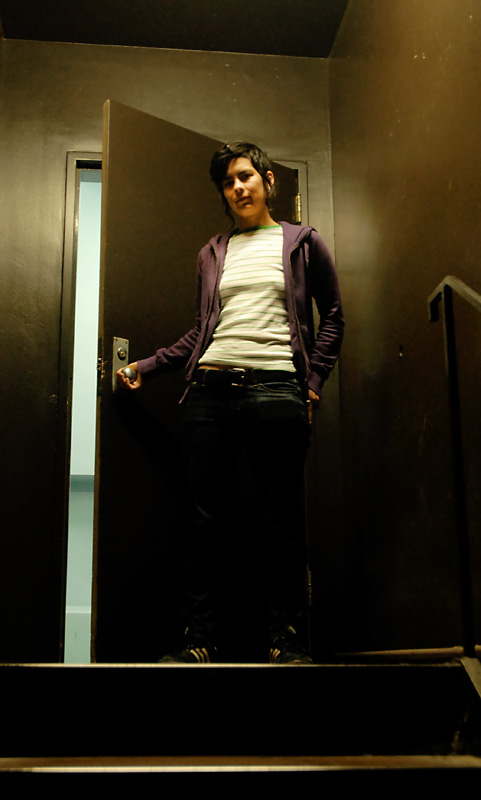When President Barack Obama got to Question No. 9 on the 2010 Census, he did what mixed-race respondents nationwide were asked to do: pare down and define his complex racial background by checking all the boxes he saw fit.
His decision to exclusively check “Black, African Am., or Negro” and the fractured response that followed speaks to the complex nature of being mixed race today, said Kyeyoung Park, an associate professor of sociocultural anthropology at UCLA who teaches a class about race.
A new generation of mixed-race people are coming into their own this decade, and as they do, many are more comfortable self-identifying in a way that encompasses all of their background, Park said.
“In the past, we thought that the American national identity was primarily of European descent and we defined ourselves by rigid race categories ““ white, black, Asian, Latino,” she said. “But more and more we’ve now seen people who are identifying in different ways. It’s a real culture shift.”
Since 2000, the year the U.S. Census Bureau made the landmark decision to allow respondents to check two or more categories, 7.3 million Americans, around 3 percent of the populace, did just that. That number is expected to grow with the 2010 Census. Of that 3 percent, 41 percent of the mixed-race population was under 18.
Negative images of multiracial people as being torn between two heritages and marginalized are beginning to fall to the wayside. At the same time, young, mixed-race Americans are increasingly willing to be occupants of a third space, that of being mixed race, said Allison Mannos, a fifth-year Asian American studies and urban planning student.
Growing up along the heterogeneous border of Burbank and Glendale, Mannos, whose mother is Chinese and father is Jewish, said her mixed race was never much of a question, in the schoolyard or personally. It wasn’t until a 2008 trip to Taishan, her maternal homeland in southern China, that she began to take stock of her mixed-race heritage.
That introspection would turn into her current undergraduate research project on mixed-race narratives, a project she hopes will counter what she sees as both a lack of academic writing on the topic and the exotification of mixed-race people in the media.
“We’re basically seen as this new class of mixed people when the history of the world is mixed. So there’s something a little unnatural about it, but I think it’s part of the evolution of getting away from being denigrated,” she said. “I think it will eventually have to progress to the point where we’re not special, because hopefully, we won’t be a minority.”
The mixed-race experience for black individuals is more complicated though, as illustrated by Obama’s census decision and the conversation that ensued.
Rayleen Patton, a second-year history student, was always assured by her parents that her mixed black and Mexican heritage was something to embrace, which is why she said she checks multiple categories on forms such as the census.
But with the legacy of slavery and racial marginalization weighing heavily on the identity of mixed-race black individuals, she understands the pull toward that heritage.
“You want to feel like you’re part of the struggle ““ a part of the history of slavery and the hardships black Americans had to endure and also the success that followed,” Patton said.
Miguel Unzueta, a professor at the UCLA Anderson School of Management who conducted a study that showed that self-identified mixed-race children were better adjusted in school, said he was somewhat surprised by Obama’s decision. Given the president’s discussion of his mixed heritage during the primaries, he said he expected a census answer more in line with his talk on the campaign trail.
But the decision also speaks to the reality that the way Americans talk about race is not always the way they think, he said.
“I think people are more comfortable with having a mixed-race background, but there still isn’t a label that we’re comfortable with in society,” Unzueta said.
“Our way of thinking about race is less complex than the way race actually manifests itself in the real world. But I do think we’re moving in that direction and that eventually we will get to a point where multiracial is a category that people are perfectly OK with.”
